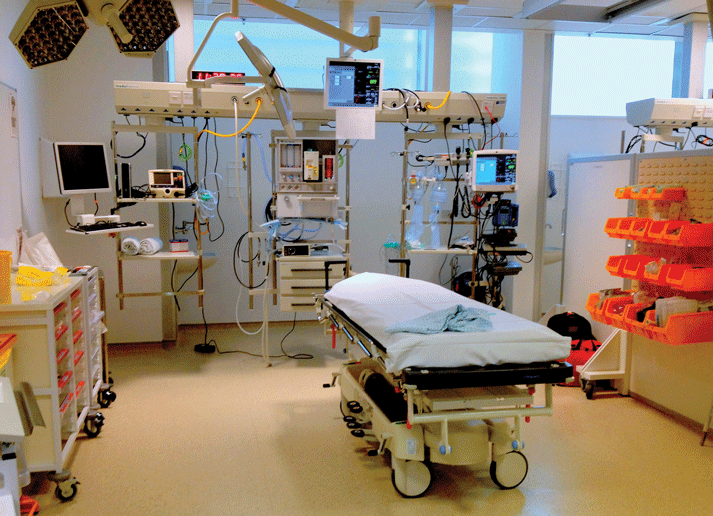Polishing Your ERAS Application
Nico Ramsay, MSIV, FIU Herbert Wertheim College of Medicine
EMRA MSC Southeast Coordinator 2019-20
Application season has finally arrived for fourth year medical students. After more than three years of hard work, it’s time to finish the job. By now you’ve likely finished Step 1, Step 2 CK, maybe even Step 2 CS, the dreaded SVI, and some home and away EM rotations with SLOEs on the way. You’ve cleared every hurdle in your path but there’s still one left: ERAS. Don’t worry, EMRA is here to help. Below is a timeline of what to expect along with some advice on each section of ERAS and how to polish your application to secure those interviews.
Timeline:
- September 5: Applicants can apply to ACGME-accredited programs via ERAS (this earlier date is new this year to prevent the website from crashing on September 15)
- September 15: ERAS applications officially open
- October 1: Dean’s letters made available to programs via ERAS
- October 15 - January: Interview season
ERAS Application components:
Personal information: This section is pretty straightforward. Make sure all your data is correct. Don’t leave everything lower case. Also, the NRMP ID registration doesn’t open until September 15, so you will need to apply without this number and add it later.
Biographic information: Also straightforward. Don’t exaggerate your language proficiency; you may be interviewed by someone fluent in that language to see how well you know it. The “hobbies and interests” box is a great way to add a personal touch and create a talking point during interviews. Add details, so instead of saying “I enjoy travelling,” tell them some of your favorite spots or where you’d like to go next. This is your chance to spark a conversation.
Education: In the “Memberships in Honorary/Professional Societies” box, you can add EMRA, as well as any other societies like AMSA, AMA, etc. If you’ve received awards, make sure you write the name, year, and what the award represents. Something like “Service Award - for outstanding service to needy communities (Blank University, 2018),” it sounds better and gives you a little more prestige.
Experience: This section will likely give you déjà vufrom four years ago when you filled out AMCAS for medical school. It comprises the bulk of the time you will spend on ERAS. Having an updated CV handy will make completing this section this easier. For the most part, “work experience” was paid work; everything else is likely “volunteer experience.” Try not to leave anything blank, including the “reason for leaving” box. If anything, write “successfully completed.” The description gives you 1020 characters to paint a picture but don’t be overly verbose; the selection committees are reading thousands of applications.
Publications: Don’t skip this section just because you didn’t publish a paper during medical school. The drop down box offers many more options to add experiences such as: “other articles,” “oral presentations,” “poster presentations,” etc. If you did any research, publications, or writing, especially in the field of EM, make sure to add it here.
Personal statement: Finally, after you’ve checked all the other boxes on your ERAS application, add a shiny bow: your personal statement. This is your opportunity to talk about something that is not contained in the rest of your application. Program directors cite the personal statement as one of the most important aspects of the application, but don’t overly embellish your life or be too generic. Be genuine. Remember, there are many similarities among the thousands of applicants for EM, so what makes you different? Be yourself, talk about something you’re passionate about, and the selection committees will thank you.
For more in-depth advice, be sure to check out EMRA and CORD Student Advising Guide section on ERAS here. Good luck and I hope to see you on the interview trail!







